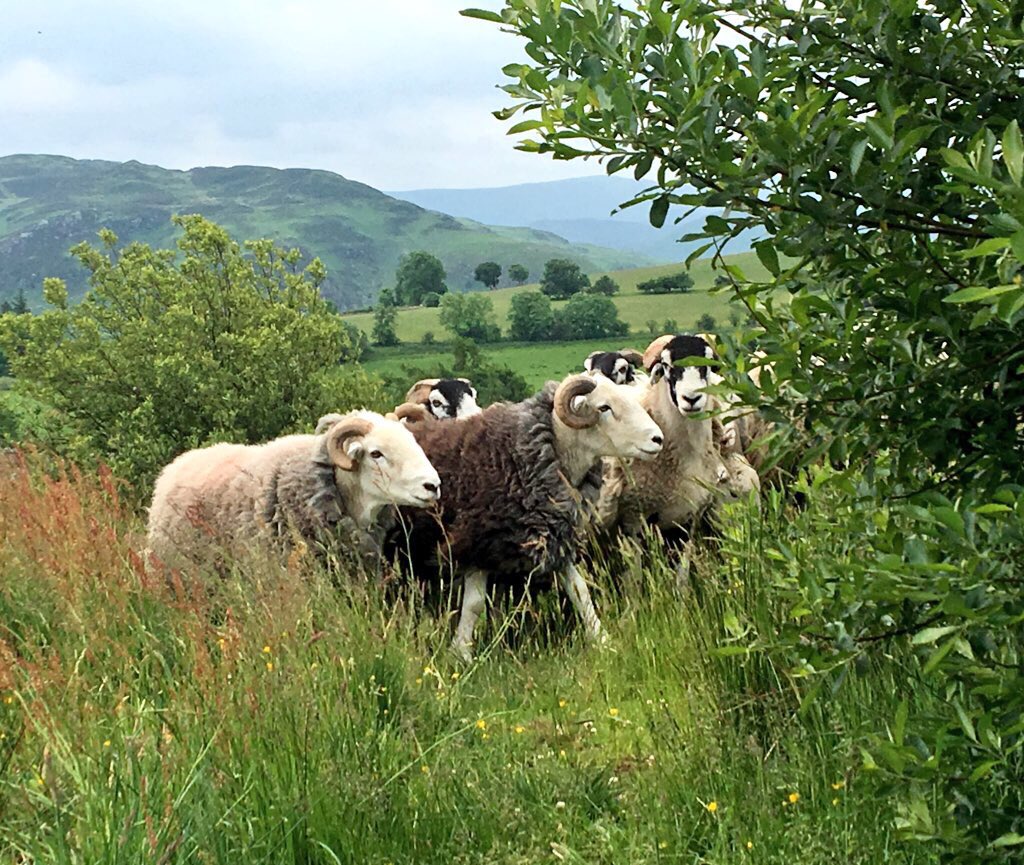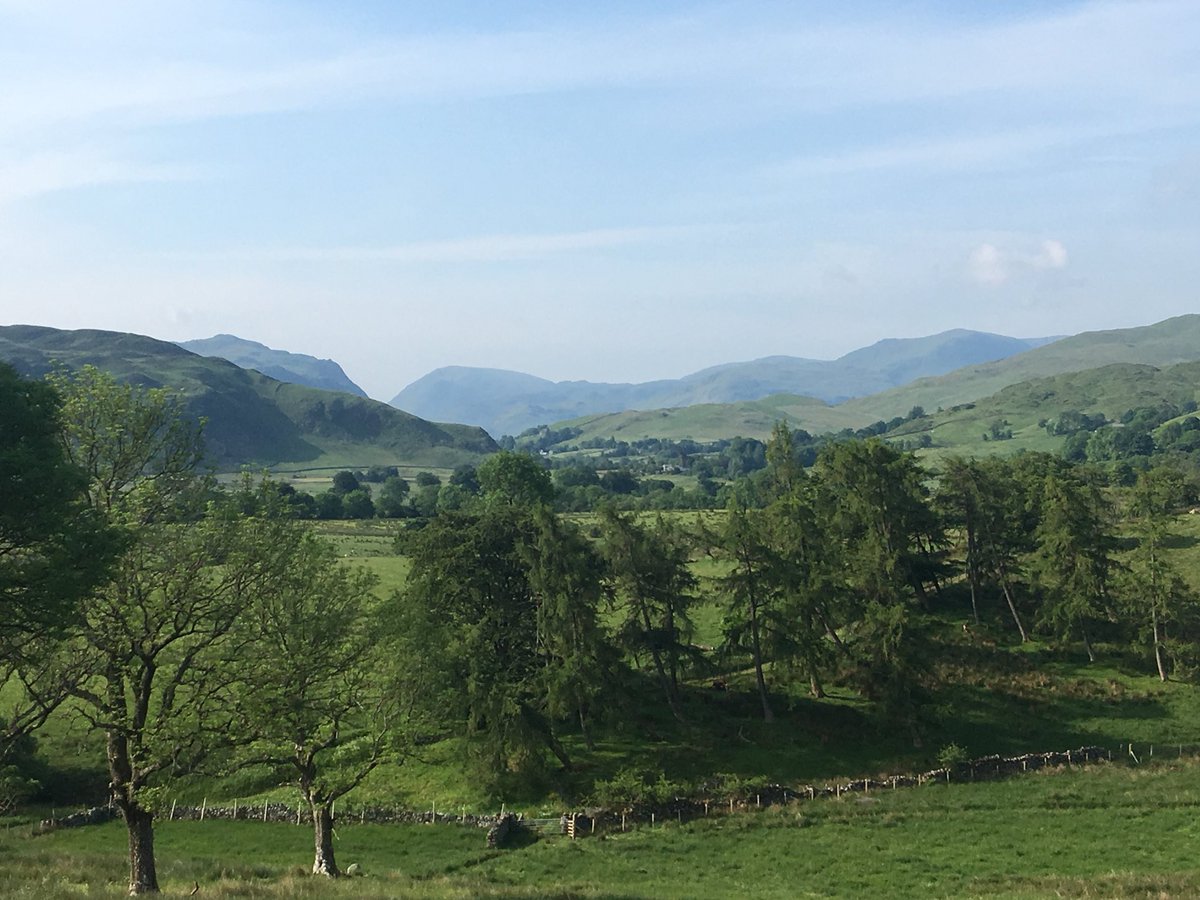
The Lake District Farm Experience.
We are excited to be collaborating with James and Helen Rebanks on an exciting project on their Lake District farm.
Caroline is working closely with the James and Helen to learn from their nature conservation successes and help them develop regenerative techniques that could work towards our Wilderculture ‘Vision of fell farming in the Lake District.’
We want to offer you the chance to be a part of this like minded partnership. We’re offering a series of events and experiences on the farm where you will hear from Caroline, James and Helen about the role of livestock farming in sustainable food production and land management, as well as get a glimpse into daily life on a Lakeland farm.


Our lands are degrading at an astonishing rate; for every tonne of food we produce our farming and land management methods are producing 10 tonnes of degrading soils. In some parts of the world our lands are turning to desert and in the wetter regions of the world our land is now so low in soil carbon that we are seeing dramatic drought and flood events.
Healthy Food
Our food contains a fraction of the nutrients it did 50 years ago but instead contains a wide range of toxins and anti-nutrients that are making us sick.
Farms not factories
Factory farming is taking over from traditional farming, and our wildlife is disappearing before our eyes.
Healthy soils
Our soils’ ability to sustain food production is likely to fail on a global scale within 60 years. All this is in the context of a rapidly expanding population; if we don’t start making significant changes in the way we manage our farmland, our children have a bleak future. .
What can you do?
Livestock can degrade a landscape or be used as a tool to regenerate it. It’s the management that matters. We are often told that eating a vegan diet is the best way to help nature, but this simplistic conversation is misleading and isn’t informed by an understanding of how ecosystems function or how food production works. The ethos behind this rhetoric can lead us to become more not less disconnected from the land. We have a different story to tell. After an introduction to the farm, its people, and some of the rather famous animals often featured on James’ well followed twitter and Instagram accounts, we will look at the global picture of climate change and food production. Through a range of practical demonstrations, short walks and illustrated talks we will simplify this emotive and confusing issue and bring it right back home to our local farmed landscapes. You will leave knowing what difference, you, as a consumer can make towards creating a brighter future for people, wildlife, farm animals and our planet.

